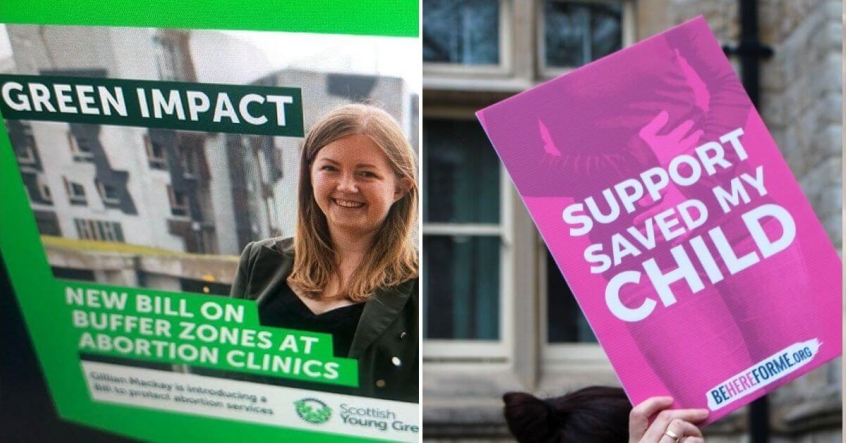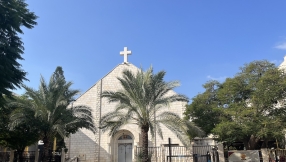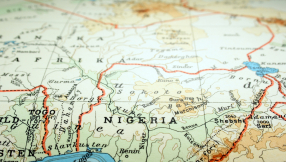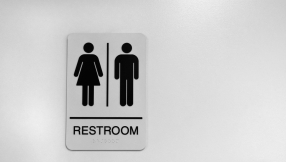
The Scottish Parliament has begun hearing evidence on a Bill which, if it becomes law, will introduce the world's most extreme buffer zone law in Scotland.
Parliamentary scrutiny of the Bill began on Tuesday with the Health, Social Care and Sport Committee convening for its first of four evidence sessions.
The Abortion Services (Safe Access Zones) (Scotland) Bill was introduced by Scottish Green Party MSP, Gillian Mackay, in October last year.
A number of abortion activists and women who had previously had abortions told their stories to the parliamentary committee. One witness said that prayer outside locations where abortions are performed is "unacceptable" and that banning it through this legislation would be "extremely beneficial" for the whole of society.
Silent prayer and private dwellings
Among those who questioned the witnesses, Conservative MSP Sandesh Gulhane repeatedly asked about the issue of restricting silent prayer in a public space and how other jurisdictions had approached this. He suggested that at least in some circumstances, it would be "impossible to know" if someone was silently praying, raising concerns over how clergy who might be present in the buffer zone might be policed.
Gulhane also asked witnesses about the Bill's provision to extend into private dwellings suggesting that this would "erode" privacy within one's own home.
The Explanatory Notes accompanying the Bill make clear that the provisions of the Bill apply to "residential buildings" within the buffer zone. This means that it may be illegal to display a pro-life sign from within a church or within a person's own home if it is visible within the buffer zone.
Anyone who commits an offence can be fined up to £10,000 on a summary conviction, or an unlimited fine on indictment.
Furthermore, the Bill gives the Scottish Government the power to extend any buffer zone beyond 200m if they judge that the existing zone "does not adequately protect" women seeking an abortion. There is no limit on the size of the buffer zone that can be created under this power.
In response to his questions, Rachael Clarke, from the British Pregnancy Advisory Service (BPAS), the largest abortion provider in the UK, made it clear that she thought that this intrusion into private dwellings was proportionate.
Polling from Savanta ComRes indicates that only 30% of the population in Scotland support the introduction of nationwide buffer zones around abortion clinics.
The poll assessed support for buffer zones of 150 metres, as will be introduced in England and Wales, so it is likely that support would be even lower for the Mackay buffer zone law given the proposed law in Scotland would introduce a more extreme 200m buffer zone.
Spokesperson for Right To Life UK, Catherine Robinson, said "If this Bill becomes law, the world's most extreme buffer zone law will be introduced in Scotland.
"This legislation goes further than any buffer zone legislation in any other jurisdictions, creating a larger buffer zone than anywhere else in the world and giving the Scottish Government powers to extend these zones without limit.
"Many women have been helped outside abortion clinics by pro-life volunteers who have provided them with practical support, which made it clear to them that they had another option other than going through with the abortion.
"The proposed law change would mean that the vital practical support provided by volunteers outside abortion clinics will be removed for women and many more lives would likely be lost to abortion.
"This is a truly draconian piece of legislation that reaches into the homes of ordinary people. It creates an offence for being publicly pro-life. It is direct viewpoint discrimination."













